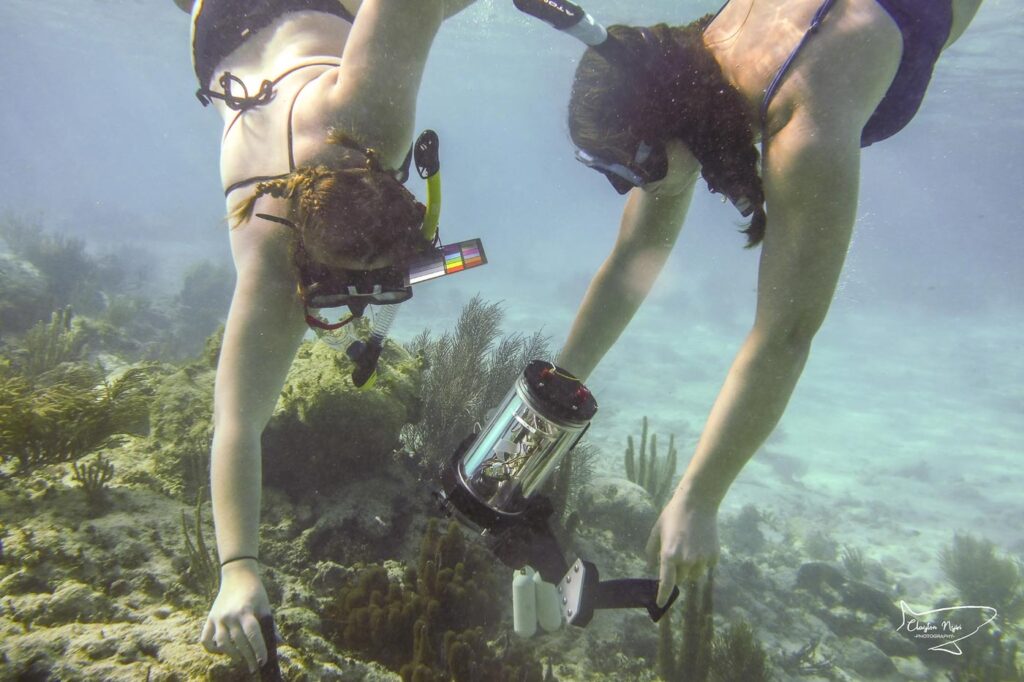Justine Bassett, director of innovation at UNE, loves walking around the university’s P.D. Merrill Makerspace, surrounded by student projects — the whiteboard full of notes, CPUs connecting mazes of wires, students coming and going. Bassett was tapped to run innovation by university president James Herbert, who came to UNE in 2017 with a vision to help students contribute to the marketplace of ideas and develop interpersonal skills. Herbert believed in the expansion of experiential learning, and last year, the Office of Innovation opened to help realize his vision. Amid the clutter of student ideas coming to life, Bassett offered a deeper look at why innovation is important in collegiate education.
How did UNE’s existing makerspace spur the creation of the Office of Innovation?
The makerspace is a physical place where students can come and make their ideas happen. But we saw their desire to expand that innovation beyond just a physical location. It’s really about a creative entrepreneurial mindset that’s relevant to every profession. The students I work with are relentlessly practical. They want skills that are relevant for their future careers, they want to work on projects that will have a positive impact, and they want opportunities to get out of the classroom and make a difference. The office aligns with the president’s vision and delivers those experiences students are looking for.
Why is innovation important in undergraduate education?
The world is changing more rapidly than ever before. Innovation is important because we need our graduates — from any university — to be better prepared. Innovation is also interdisciplinary. We bring together students from different majors — from business, health, environmental science, and beyond — different backgrounds, undergraduate and graduate, and we draw connections among different fields of study. Students learn how capable they are of making things happen. It’s tangible. I see our role as supporting these academic units in delivering their mission and providing students with a deeper, more enriching experience.

Can you share an example of innovation in action?
We recently had a team of students from our Marine Science program come into the makerspace to design an underwater device to measure coral health. Some of the team tested the device successfully while on a UNE travel course in Belize. The best part to me is that they were right back in the makerspace after the trip because they had ideas to make their invention better. They’re not getting paid. They’re coming in because they’re passionate about making their idea happen and making a contribution to the world.
What does the future look like?
I love this work, because innovation is all about positive future change. Coming out of the pandemic and with the war in Ukraine, racial unrest, climate challenges. . . it’s a tough world. It’s a changing world. Innovation provides an optimistic, forward-thinking path to change that resonates with students because they want to do the work to be the change makers and create a better future. We give them the skills to do that.




